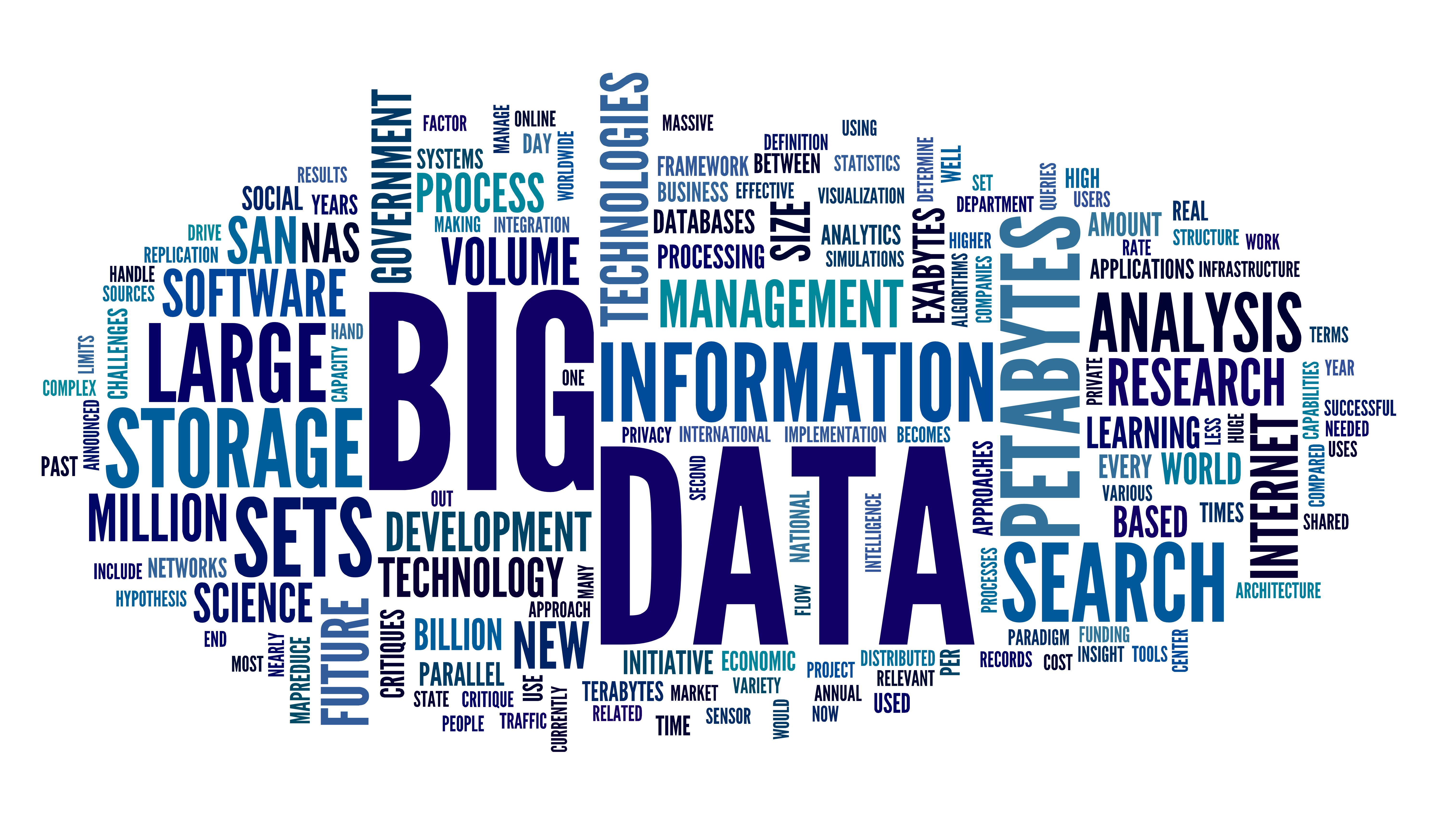Data Culture
Data Culture — is a special term used to define skills and culture of working with data. A modern expert always is confronted with the challenges of data processing: a lawyer studies hundreds of cases, a historian – thousands of documents in different languages, an economist develops a forecast model based on a large amount of data. More information on the Data Culture project can be found here.

On our Bachelor's parallel degree programme on the 2nd and 3rd course Data Culture is taught in R – one of the most competitive research environments designed specifically for numeric analysis. The platform is free for use and is supported by an extensive community of scholars and academics. R and its components implement a wide variety of statistical and graphical techniques, including linear and nonlinear modeling, classical statistical tests, time-series analysis , classification, clustering, and others.

The task of our students is to be able to use the R software packages for international research. Such an analysis allows us to learn a lot about the economic and political processes in the world, especially in recent years. Such episodes as the UK's withdrawal from the EU or the victory of Donald Trump in the US presidential election is a vivid example of the importance of correct work with data. On the one hand, a number of analysts were not able to predict the outcome of such important events. On the other hand, the participants in the processes actively used quantitative analysis to achieve their goals.
Students specializing in international relations, with the help of R are going to solve the most common tasks in this industry: text analysis and data classification. Students specializing in International Economics and Business will receive powerful tools for analyzing macroeconomic statistics, market data. For the specialization of International politics and public relations, a tool for analyzing social networks and sentiments will be especially useful. Of course, for all users, the significant advantage is the ability of R to flexibly handle arrays related to Big Data.
